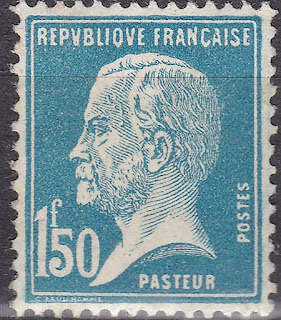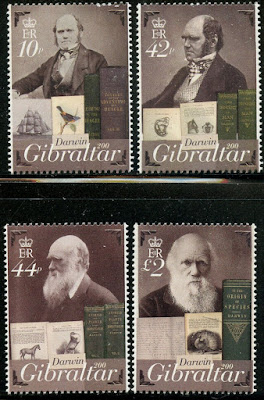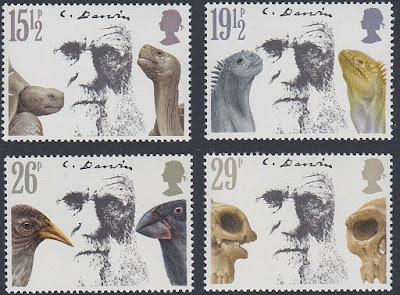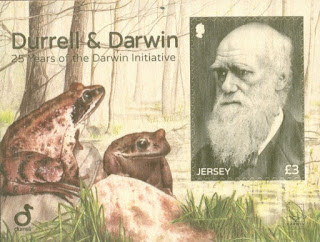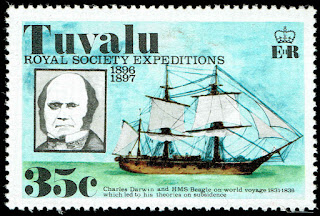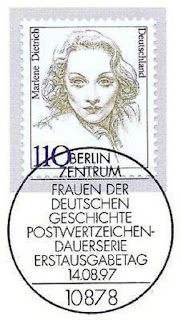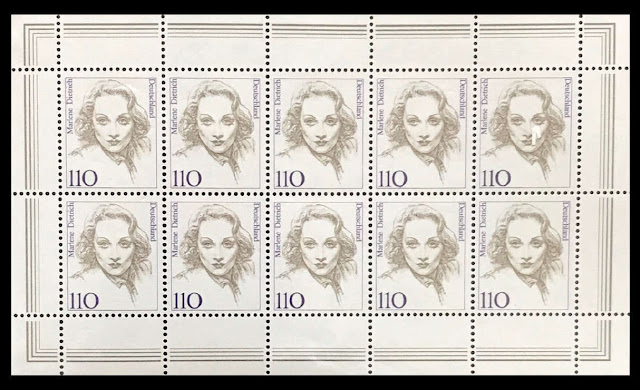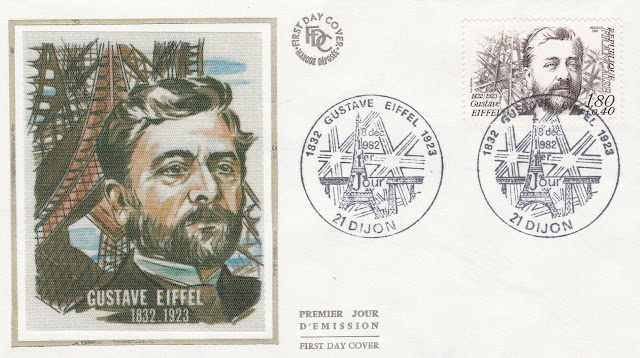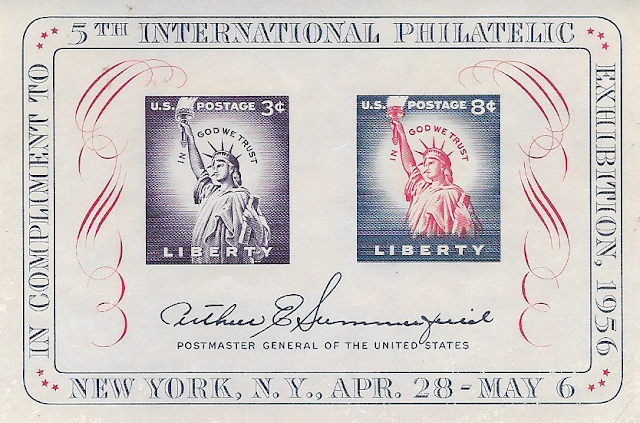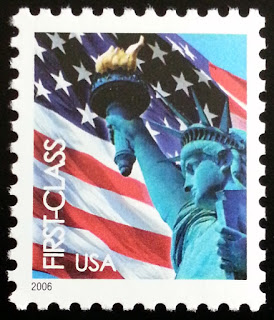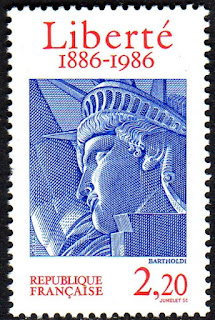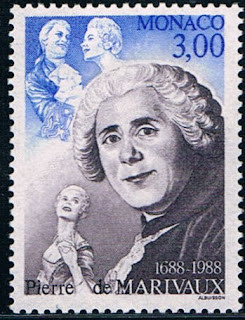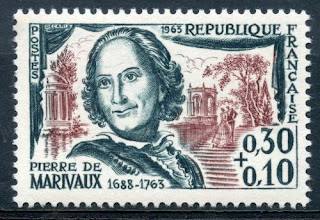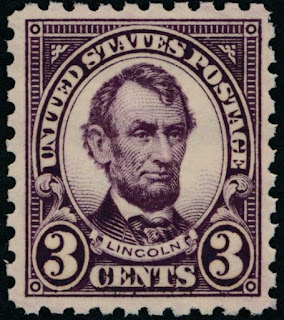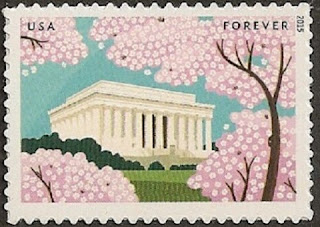Here are some events that happened on December 27th. It could be an event or a person that died or was born on that day
1822 Born: Louis Pasteur, French chemist and microbiologist (d. 1895)
Louis Pasteur (December 27, 1822 – September 28, 1895) was a French biologist, microbiologist, and chemist renowned for his discoveries of the principles of vaccination, microbial fermentation and pasteurization. He is remembered for his remarkable breakthroughs in the causes and prevention of diseases, and his discoveries have saved many lives ever since. He reduced mortality from puerperal fever and created the first vaccines for rabies and anthrax.
His medical discoveries provided direct support for the germ theory of disease and its application in clinical medicine. He is best known to the general public for his invention of the technique of treating milk and wine to stop bacterial contamination, a process now called pasteurization. He is regarded as one of the three main founders of bacteriology, together with Ferdinand Cohn and Robert Koch, and is popularly known as the "father of microbiology".
Pasteur was responsible for disproving the doctrine of spontaneous generation. He performed experiments that showed that, without contamination, microorganisms could not develop. Under the auspices of the French Academy of Sciences, he demonstrated that in sterilized and sealed flasks, nothing ever developed; and, conversely, in sterilized but open flasks, microorganisms could grow. Although Pasteur was not the first to propose the germ theory, his experiments indicated its correctness and convinced most of Europe that it was true.
Today, he is often regarded as one of the fathers of germ theory. Pasteur made significant discoveries in chemistry, most notably on the molecular basis for the asymmetry of certain crystals and racemization. Early in his career, his investigation of tartaric acid resulted in the first resolution of what is now called optical isomers. His work led the way to the current understanding of a fundamental principle in the structure of organic compounds.
He was the director of the Pasteur Institute, established in 1887, until his death, and his body was interred in a vault beneath the institute. Although Pasteur made groundbreaking experiments, his reputation became associated with various controversies. Historical reassessment of his notebook revealed that he practiced deception to overcome his rivals
Stamps from France, Monaco and Estonia depicting Louis Pasteur
1831 – Charles Darwin embarks on his journey aboard HMS Beagle, during which he will begin to formulate his theory of evolution.
Charles Robert Darwin (12 February 1809 – 19 April 1882) was an English naturalist, geologist and biologist, best known for his contributions to the science of evolution. His proposition that all species of life have descended over time from common ancestors is now widely accepted, and considered a foundational concept in science. In a joint publication with Alfred Russel Wallace, he introduced his scientific theory that this branching pattern of evolution resulted from a process that he called natural selection, in which the struggle for existence has a similar effect to the artificial selection involved in selective breeding. Darwin has been described as one of the most influential figures in human history, and he was honoured by burial in Westminster Abbey.
Darwin published his theory of evolution with compelling evidence in his 1859 book On the Origin of Species. By the 1870s, the scientific community and a majority of the educated public had accepted evolution as a fact. However, many favoured competing explanations which gave only a minor role to natural selection, and it was not until the emergence of the modern evolutionary synthesis from the 1930s to the 1950s that a broad consensus developed in which natural selection was the basic mechanism of evolution. Darwin's scientific discovery is the unifying theory of the life sciences, explaining the diversity of life.
Darwin's early interest in nature led him to neglect his medical education at the University of Edinburgh; instead, he helped to investigate marine invertebrates. Studies at the University of Cambridge (Christ's College) encouraged his passion for natural science. His five-year voyage on HMS Beagle established him as an eminent geologist whose observations and theories supported Charles Lyell's conception of gradual geological change, and publication of his journal of the voyage made him famous as a popular author.
Puzzled by the geographical distribution of wildlife and fossils he collected on the voyage, Darwin began detailed investigations, and in 1838 conceived his theory of natural selection. Although he discussed his ideas with several naturalists, he needed time for extensive research and his geological work had priority. He was writing up his theory in 1858 when Alfred Russel Wallace sent him an essay that described the same idea, prompting immediate joint publication of both of their theories. Darwin's work established evolutionary descent with modification as the dominant scientific explanation of diversification in nature. In 1871 he examined human evolution and sexual selection in The Descent of Man, and Selection in Relation to Sex, followed by The Expression of the Emotions in Man and Animals (1872). His research on plants was published in a series of books, and in his final book, The Formation of Vegetable Mould, through the Actions of Worms (1881), he examined earthworms and their effect on soil.
Stamps from Gibraltar, Great Britain, Jersey and Tuvalu commemorating Darwin
1901 Born: Marlene Dietrich, German-American actress and singer (d. 1992)
Marie Magdalene "Marlene" Dietrich (27 December 1901 – 6 May 1992) was a German-American actress and singer. Her career spanned from the 1910s to the 1980s.
In 1920s Berlin, Dietrich performed on the stage and in silent films. Her performance as Lola-Lola in The Blue Angel (1930), brought her international acclaim and a contract with Paramount Pictures. Dietrich starred in many Hollywood films such as Morocco (1930), Shanghai Express (1932) and Desire (1936). She successfully traded on her glamorous persona and "exotic" looks, and became one of the highest-paid actresses of the era. Throughout World War II, she was a high-profile entertainer in the United States. Although she still made occasional films after the war such as Witness for the Prosecution (1957), Dietrich spent most of the 1950s to the 1970s touring the world as a marquee live-show performer.
Dietrich was known for her humanitarian efforts during the war, housing German and French exiles, providing financial support and even advocating their American citizenship. For her work on improving morale on the front lines during the war, she received several honors from the United States, France, Belgium and Israel. In 1999, the American Film Institute named Dietrich the ninth greatest female screen legend of classic Hollywood cinema.
German stamp and sheet depicting Marlene Dietrich
1923 Died: Gustave Eiffel, French architect and engineer, co-designed the Eiffel Tower (b. 1832)
Alexandre Gustave Eiffel (15 December 1832 – 27 December 1923) was a French civil engineer. A graduate of École Centrale Paris, he made his name building various bridges for the French railway network, most famously the Garabit viaduct. He is best known for the world-famous Eiffel Tower, built for the 1889 Universal Exposition in Paris, and his contribution to building the Statue of Liberty in New York.
In 1881 Eiffel was contacted by Auguste Bartholdi who was in need of an engineer to help him to realise the Statue of Liberty. Some work had already been carried out by Eugène Viollet-Le-Duc, but he had died in 1879. Eiffel was selected because of his experience with wind stresses. Eiffel devised a structure consisting of a four-legged pylon to support the copper sheeting which made up the body of the statue. The entire statue was erected at the Eiffel works in Paris before being dismantled and shipped to the United States.
After his retirement from engineering, Eiffel focused on research into meteorology and aerodynamics, making significant contributions in both fields.
Stamps depicting Eiffel. the Eiffel tower and the Statue of Liberty

